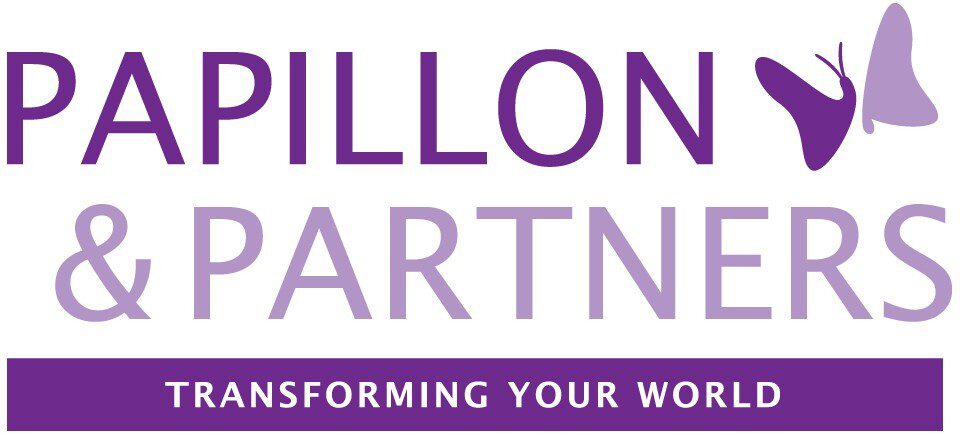Leadership isn’t just about having the right skills, it’s also about having the right mindset. Emotional intelligence is an often overlooked component of successful modern leadership, but research has repeatedly shown its importance in almost every aspect of business – from driving increased productivity and performance to fostering better workplace culture. Studies have found that organizations that value emotional intelligence and use it wisely are more than three times more effective at leadership development than those that don’t.
But what exactly is emotional intelligence? How do you cultivate it as a leader? In this blog post, we’ll explore these questions and discuss how developing your emotional intelligence can positively affect not only employees and their work environment, but also wield high levels of success for your organization.
What is emotional intelligence, and how does it benefit leaders and organizations?
Emotional intelligence is the capacity to recognize and manage our own emotions and interpret and respond to the emotions of others. It can be seen as a combination of self-awareness, self-recognition, self-regulation, empathy and social skills.
In a professional setting, leaders with high levels of emotional intelligence are better equipped to understand the motivations of their team members and use that knowledge to effectively inspire performance. Furthermore, emotionally intelligent leaders understand how to create an environment in which people feel included and valued – leading to increased worker satisfaction and higher rates of involvement for individuals within the organization. By creating such an atmosphere, organizations will likely see improved business outcomes from employees working together with greater purpose.
How to cultivate emotional intelligence in yourself and others
Developing and maintaining emotional intelligence, both in ourselves and in those around us, is an important part of deepening relationships and building trust. It starts with basic self-awareness; examining yourself deeply to understand your own triggers and feelings. Once you have a greater understanding of why you respond the way you do, it’s easier to show understanding to those around you.
We can also practice empathy, actively listening to those around us and considering their views with an open mind, striving for objectivity at all times. Furthermore, setting boundaries with others is key to cultivating emotional intelligence in leadership roles. Knowing when to create space for yourself or for another person can help immensely when it comes to resolving conflict and preventing misunderstandings. With patience, practice, and sincere dedication to learning more about yourself and others, we can all work on developing our emotional intelligence.
The role of self-awareness in developing emotional intelligence
Self-awareness is a crucial part of developing emotional intelligence. It involves understanding ourselves on a deep and meaningful level — our values, strengths, weaknesses, thoughts and emotions.
Developing an awareness of our own mental state can help us to better understand the thoughts and feelings of others. Self-awareness allows us to respond to situations more effectively by recognizing our biases and triggers before we let them shape our responses. The practice also helps us become more mindful when it comes to relationships with others, allowing us to take responsibility for our own thoughts and actions without blaming others or external circumstances.
With self-awareness comes greater virtue, empathy, resilience — all of which are key components in creating emotionally healthy relationships and living joyful lives.
The importance of empathy in effective leading
We simply can’t understate the value of emotional intelligence in leadership. A strong leader needs to be able to understand the feelings of their team in order to lead them effectively and motivate them to perform at their best.
Furthermore, when setting expectations and providing feedback, if a leader can explain things from the perspective of how they would like to be treated, it fosters trust and creates an environment where everyone feels respected. Empathy helps to create a bond between colleagues, which in turn can strengthen teamwork and boost morale amongst those involved – an essential element for any successful team.
Utilizing communication skills to build relationships and trust
Establishing and nurturing relationships is a lifelong endeavor strengthened by communication. Trust can be built through communication as well, since it allows both parties to know what to expect of each other in any given situation. As a result, it’s important to use language that is honest and respectful when interacting with others – truly listening to what your colleagues and teammates are saying and taking into account their feelings as best you can.
Being intentional about how you communicate during regular check-ins and updates will indicate that the recipient of your message not only matters but also is respected by you. Being mindful of the words you use can go a long way in demonstrating trustworthiness and make all the difference in your relationship-building journey.
How emotional intelligence can be used to solve problems and improve team dynamics
Emotional intelligence is an important skill when it comes to problem-solving and team dynamics. This type of intelligence helps you understand and recognize how your actions and words will affect others, so that you can adjust how you address certain situations. Being aware of your emotions and the feelings of those around you is a key factor in successful problem-solving. It allows for more effective communication within the team by identifying potential issues before they arise and proactively addressing them using empathy.
Applying emotional intelligence in leadership roles can also boost morale, encourage collaboration, build trust and understanding amongst team members, identify conflicts early on, and create a better atmosphere for productive teamwork.
Prioritising emotional intelligence in leadership
As we can see, emotional intelligence is a critical tool for leaders to develop and nurture in their daily lives. It has the power to propel us and our organizations forward, while also creating more meaningful connections among team members.
In order to be successful, it’s important that we have an awareness of our own emotions, learn how to better express them, cultivate empathy for others and engage in effective communication with those around us. With these strategies in place, we can gain a greater understanding of ourselves and leverage emotional intelligence to bring out the best in us, our teams and our organizations. It is up to leaders to create a culture where embracing emotional intelligence can be beneficial at all levels so that your team can reach its greatest potential.
Get more leadership advice by joining the Personal Leadership Accelerator
Emotional intelligence is just one of the skills necessary for becoming an effective leader. With the help of Papillon & Partners, you can become bold, confident and courageous as a leader, using our innovative mindset techniques. The programme will equip you with the tools you need to become the leader you were meant to be, without compromising your health and social well-being.
Find out more about our Personal Leadership Accelerator Programme by contacting us today.

